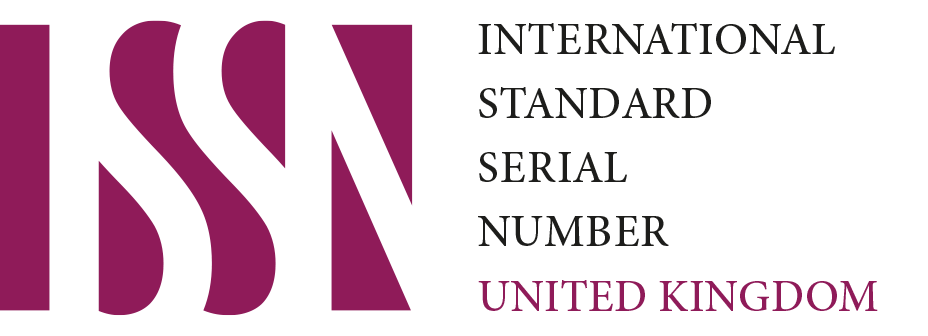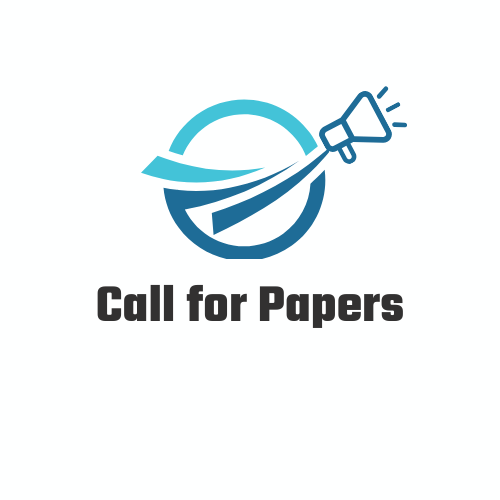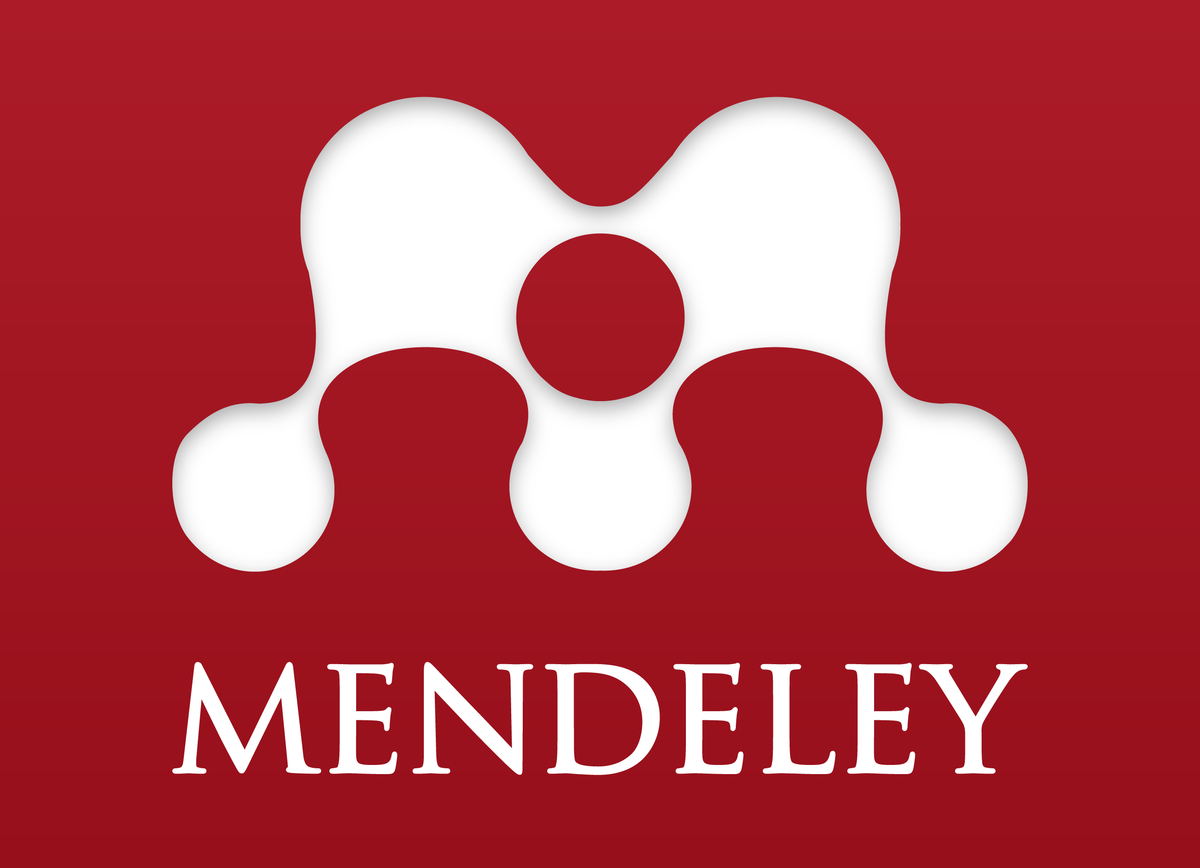Cooperative Insurance in Times of Crisis: A Sustainable Model for Post-Disaster Economic Resilience
Keywords:
Insurance, Resilience, Recovery, Sustainability, InclusionAbstract
In times of crisis, ensuring economic resilience and community stability is paramount, particularly in regions vulnerable to natural disasters. Cooperative insurance, rooted in mutual assistance and shared risk, has emerged as a sustainable model for post-disaster economic recovery. This article studies the potential of cooperative insurance systems to address the gaps left by conventional insurance during crises, focusing on two key research questions: (1) How does cooperative insurance enhance economic resilience in post-disaster recovery? (2) What are the operational challenges and opportunities for scaling cooperative insurance models globally? Using a qualitative methodology, the research employs in-depth literature review analyses of case studies, policy frameworks, and existing cooperative insurance models. The findings highlight that cooperative insurance fosters financial inclusion, encourages community participation, and offers tailored solutions to meet local needs, making it particularly effective in disaster-prone areas. However, operational scalability, regulatory support, and stakeholder engagement remain critical barriers to widespread adoption. By synthesising insights from diverse geographies and socio-economic contexts, this study underscores the importance of policy interventions and cross-sector partnerships in strengthening cooperative insurance frameworks. Recommendations include integrating digital innovations such as blockchain for enhanced transparency, fostering community awareness programmes, and aligning cooperative insurance with broader disaster management strategies. This article contributes actionable insights for policymakers, insurers, and community leaders, advocating for a collaborative approach to build a resilient, inclusive, and sustainable financial safety net.










